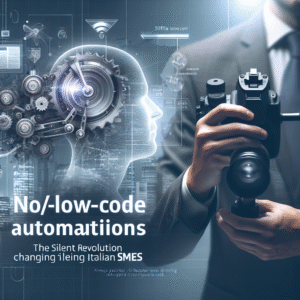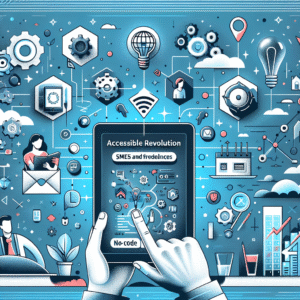Since the dawn of time, it has been a worry and ambition of Humankind: to predict future events.
The means used to do this were chosen from a wide range: crystal balls, cards, pebbles, runes, coffee grounds, chin, palm reading and many, many more in the vast world and multiplicity of traditions.
However, Artificial Intelligence, with its ability to produce billions of calculations in a breath, seems to have found the right tool to achieve the coveted goal: namely, computation.
Statistical regularities are a fundamental building block for the most advanced artificial intelligence models, permeating our everyday perception of the world around us. We spontaneously observe patterns and trends that allow us to anticipate future events: the cat is getting ready to climb, two people are about to fall in love, someone is about to run a red light; statistics, in most cases, puts our thinking on the right track
Recently, a study published in Nature Computational Science revealed the extraordinary and uncanny predictive ability of a new artificial intelligence model that can predict people's futures. The lead author of the study is Germans Savcisens of Sune Lehmann's lab at DTU Compute, Technical University of Denmark, with financial support from the Villum Foundation Grant Nation-Scale Social Networks.
The operation of this innovative model is based on "natural language processing" techniques: whereas ChatGPT predicts the next word in a sequence of text, life2vec (the name of the new AI) is able to predict the next event in a sequence of events because they too follow statistical regularities. Life2vec analyzed daily data regarding work activities, occupational sector, salary, gender, health conditions, and city of six million Danish citizens followed for a decade, and was even able to estimate the age at which death might occur.
This new AI learns simultaneously from information about those who have suffered a heart attack, those who have gotten a pay raise, and those who have changed their residence to the country, thus linking social and health sciences. Not surprisingly, unrewarding jobs and poor health are correlated with mental problems; insurance companies have long been aware of this.
What is amazing is the high accuracy with which life2vec can predict individual life trajectories and even detect personality nuances through questionnaires on social self-esteem and liveliness.
This study is notable for its ability to systematize research on the socioeconomic and health factors that precede adverse events such as specific diseases or unemployment, allowing it to simulate whether changing certain variables such as city of residence or income can prevent such adverse outcomes.
Will it work?
Lucio Battisti sang "We will only find out by living," but one thing is certain: from every mistake life2vec will learn further.
As long as, indeed, it works.







